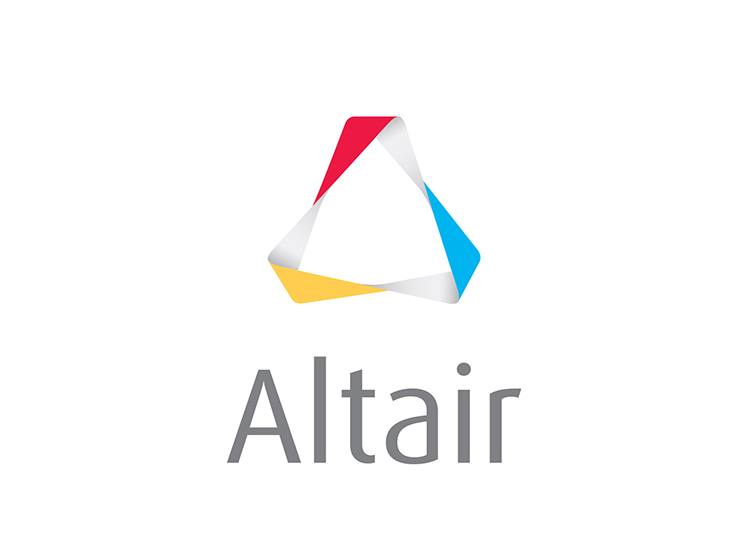Altair announced recently that Rolo Bikes, a European manufacturer of high performance road bikes, has used Altair’s computer-aided engineering (CAE) HyperWorks Suite to design, optimize, and develop the world’s lightest and stiffest road bike. In addition to the use of HyperWorks, Rolo Bikes’ engineers were supported by Altair ProductDesign, Altair’s engineering services division, in the design, optimization, and the virtual testing process of the bike. The objectives of the project were firstly to optimize the frame to achieve world leading performance for weight, stiffness and comfort; and secondly to develop an efficient virtual testing process to analyze the performance of future bike frames both from Rolo and other partner companies.
Rolo Bikes had already created virtual test jigs to replicate the European Committee for Standardization (Comité Européen de Normalisation or CEN) tests as well as the Zedler stiffness tests using HyperWorks, and had correlated a baseline frame model to physical tests. The baseline model weighed 829g but was extremely difficult to manufacture. Initial virtual analysis of the baseline design highlighted several areas of concern where the frame was under particularly high stresses. The optimization stage of the project wanted to address these high stress areas in a weight efficient way while ensuring a manufacturable design.
To optimize the carbon fiber frame, Altair ProductDesign utilized a three-step approach, during which the shape, thickness, direction and location of each layer of composite material was fine-tuned until an optimum solution had been reached. Each stage was performed using HyperWorks design optimization solution, OptiStruct®. At the end of this three-step process, HyperWorks was again utilized to analyze and validate the optimized frame against the CEN and Zedler tests. The resulting composite layup created a component that is manufacturable based upon Rolo’s meticulous hand layup construction process employed in its European based manufacturing center, all within cost targets.
The composite optimization process successfully reduced the weight of the frame from 829g to 792g. Additional material tweaks by Rolo’s manufacturing team reduced the weight even further resulting in a final weight of just 710g. The design met all performance and safety standards with the stiffness, durability and performance being enhanced significantly over the target values.
“We chose HyperWorks for our project because we think that it offers us the most powerful tools for our optimization and development tasks within one suite,” said Adam Wais, CEO, owner and co-founder of Rolo Bikes. “In addition, the use of HyperWorks enabled us to develop our own simulation tools for virtual testing. When we realized that we could use additional engineering support and manpower in our development and optimization process it was a natural choice for us to work with Altair ProductDesign, since the company’s engineers are very familiar with HyperWorks and have tremendous expertise in designing and optimizing composite materials. Working with Altair ProductDesign and using the HyperWorks suite has enabled us to develop the highest performance in the world with respect to weight, stiffness, and comfort. This project was completed in record time with close to no prototypes.”
“We are delighted that Rolo Bikes chose HyperWorks and Altair ProductDesign to develop their exceptional bike,” said Håkan Ekman, Managing Director Altair Northern Europe. “Altair boasts a long tradition in the development of CAE software and engineering services, especially in the area of optimization. To work with Rolo Bikes on such an outstanding project was a great pleasure for our engineers and we are looking forward to extending this collaboration on future projects.”
Rolo Bikes will present the bike during the Euro Bike trade show from August 27 – 30 in Friedrichshafen, Germany and invites interested parties to an interactive workshop. During the workshop, engineers from Rolo Bikes and Altair will jointly present the results of this development project.


